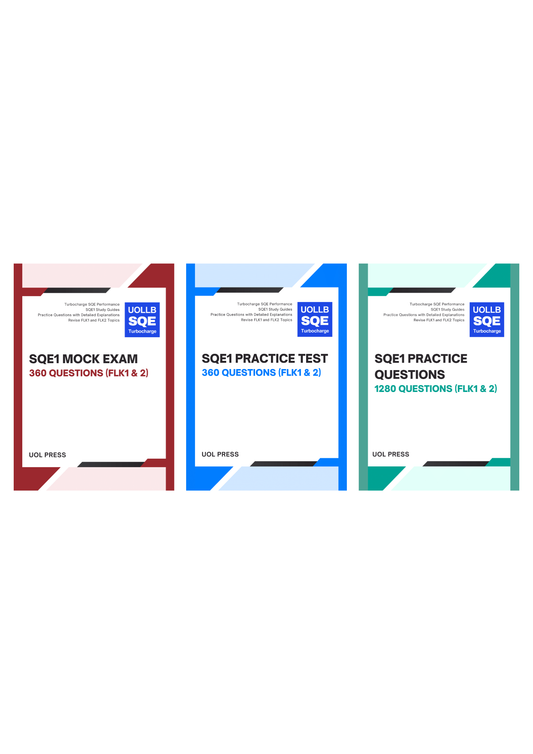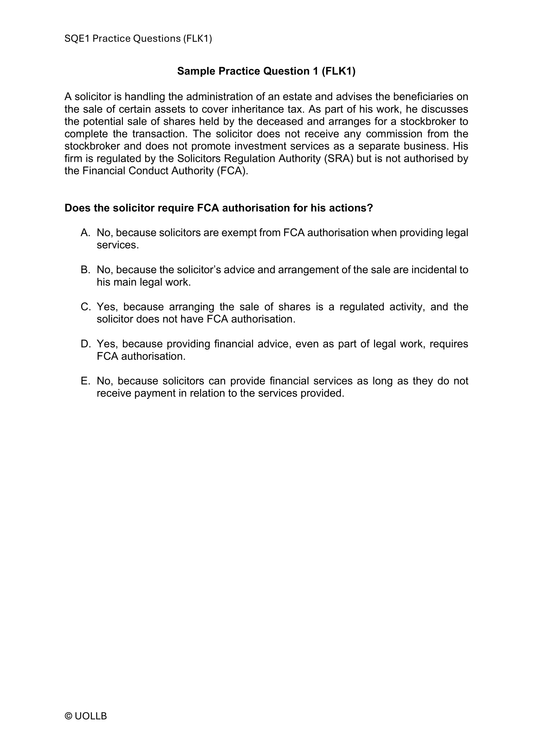Should You Get Your JD from Non-ABA Approved Law Schools?
Share
The American Bar Association (ABA) is a professional organisation that represents the legal profession in the United States. Established in 1878, it is the largest voluntary bar association in the world, boasting over 400,000 members. The ABA's mission is to serve as a national voice for the legal profession, promote the rule of law, enhance the administration of justice, and provide resources and support for attorneys and legal professionals.
The ABA is recognised as the accrediting body for law schools in the United States. ABA approval signifies that the law school meets certain standards of quality and provides a rigorous legal education. While the ABA does not explicitly rank law schools, it maintains a list of law schools that have received ABA approval. Currently, there are about 200 ABA-approved law schools in the United States.
As you need to pass the state bar exam in order to qualify as attorney in that state, having received your JD from an ABA-approved law schools means that you are eligible to sit the bar exam in any state. In fact, most states require candidates to complete a JD from an ABA-approved law school as a prerequisite for their bar exams. Therefore, attending a non-ABA approved law school may significantly hinder your career aspirations of becoming a qualified attorney in the United States.
It is worth noting that a non-ABA approved law school may be accredited by the state bar association in the state the law school is located. Their graduates are allowed to sit the bar exam in that state to qualify. Currently, there are more than 30 law schools in the US and a few law schools overseas that offer JD programmes without ABA accreditation. Attending these schools can have both advantages and disadvantages. Here are some potential pros and cons to consider:
Pros
Flexibility and Accessibility: Non-ABA approved law schools often offer more flexible schedules and alternative formats, such as evening or part-time programmes, which can accommodate students who have work or personal commitments. This can make legal education more accessible to individuals who may not be able to pursue a traditional full-time program.
Specialised Programmes: Some non-ABA approved law schools may focus on niche areas of law or offer specialised programmes that are not available at ABA-approved schools. This can be advantageous if you have a specific interest or career goal in a specialised field.
Cost: Non-ABA approved law schools may have lower tuition fees compared to ABA-approved schools. This can be attractive for students seeking more affordable options or who want to minimise their student loan debt.
Cons
Bar Exam Eligibility: Graduates of non-ABA approved law schools may face challenges when it comes to bar exam eligibility. Each state sets its own requirements for bar admission, and some jurisdictions may not accept graduates from non-ABA approved schools or may have additional requirements for such candidates. This can limit your ability to practice law in certain jurisdictions.
Job Prospects: ABA approval carries weight in the legal profession, and some employers, particularly larger law firms or government agencies, may prioritise hiring graduates from ABA-approved law schools. Attending a non-ABA approved school could potentially limit your job prospects and networking opportunities.
Quality and Reputation: ABA approval signifies that a law school has met certain standards of quality and educational rigour. While this does not guarantee a better education, attending a non-ABA approved law school may raise questions about the programme's overall quality and reputation, which could impact how potential employers perceive your credentials.
Lack of Oversight: Non-ABA approved law schools may not be subject to the same level of oversight and accountability as ABA-approved schools. This could result in variations in teaching quality, curriculum, faculty qualifications, and resources available to students.
Although the decision to attend a non-ABA approved law school ultimately rests with you, we would suggest that you attend an ABA-approved school whenever possible. Attending law school, whether ABA approved or not, is a significant investment of your time and money. Naturally, you expect a reasonable return on investment in terms of the learning experience and career development.
The ABA is recognised as the accrediting body for law schools in the United States. ABA approval signifies that the law school meets certain standards of quality and provides a rigorous legal education. While the ABA does not explicitly rank law schools, it maintains a list of law schools that have received ABA approval. Currently, there are about 200 ABA-approved law schools in the United States.
As you need to pass the state bar exam in order to qualify as attorney in that state, having received your JD from an ABA-approved law schools means that you are eligible to sit the bar exam in any state. In fact, most states require candidates to complete a JD from an ABA-approved law school as a prerequisite for their bar exams. Therefore, attending a non-ABA approved law school may significantly hinder your career aspirations of becoming a qualified attorney in the United States.
It is worth noting that a non-ABA approved law school may be accredited by the state bar association in the state the law school is located. Their graduates are allowed to sit the bar exam in that state to qualify. Currently, there are more than 30 law schools in the US and a few law schools overseas that offer JD programmes without ABA accreditation. Attending these schools can have both advantages and disadvantages. Here are some potential pros and cons to consider:
Pros
Flexibility and Accessibility: Non-ABA approved law schools often offer more flexible schedules and alternative formats, such as evening or part-time programmes, which can accommodate students who have work or personal commitments. This can make legal education more accessible to individuals who may not be able to pursue a traditional full-time program.
Specialised Programmes: Some non-ABA approved law schools may focus on niche areas of law or offer specialised programmes that are not available at ABA-approved schools. This can be advantageous if you have a specific interest or career goal in a specialised field.
Cost: Non-ABA approved law schools may have lower tuition fees compared to ABA-approved schools. This can be attractive for students seeking more affordable options or who want to minimise their student loan debt.
Cons
Bar Exam Eligibility: Graduates of non-ABA approved law schools may face challenges when it comes to bar exam eligibility. Each state sets its own requirements for bar admission, and some jurisdictions may not accept graduates from non-ABA approved schools or may have additional requirements for such candidates. This can limit your ability to practice law in certain jurisdictions.
Job Prospects: ABA approval carries weight in the legal profession, and some employers, particularly larger law firms or government agencies, may prioritise hiring graduates from ABA-approved law schools. Attending a non-ABA approved school could potentially limit your job prospects and networking opportunities.
Quality and Reputation: ABA approval signifies that a law school has met certain standards of quality and educational rigour. While this does not guarantee a better education, attending a non-ABA approved law school may raise questions about the programme's overall quality and reputation, which could impact how potential employers perceive your credentials.
Lack of Oversight: Non-ABA approved law schools may not be subject to the same level of oversight and accountability as ABA-approved schools. This could result in variations in teaching quality, curriculum, faculty qualifications, and resources available to students.
Although the decision to attend a non-ABA approved law school ultimately rests with you, we would suggest that you attend an ABA-approved school whenever possible. Attending law school, whether ABA approved or not, is a significant investment of your time and money. Naturally, you expect a reasonable return on investment in terms of the learning experience and career development.




























































